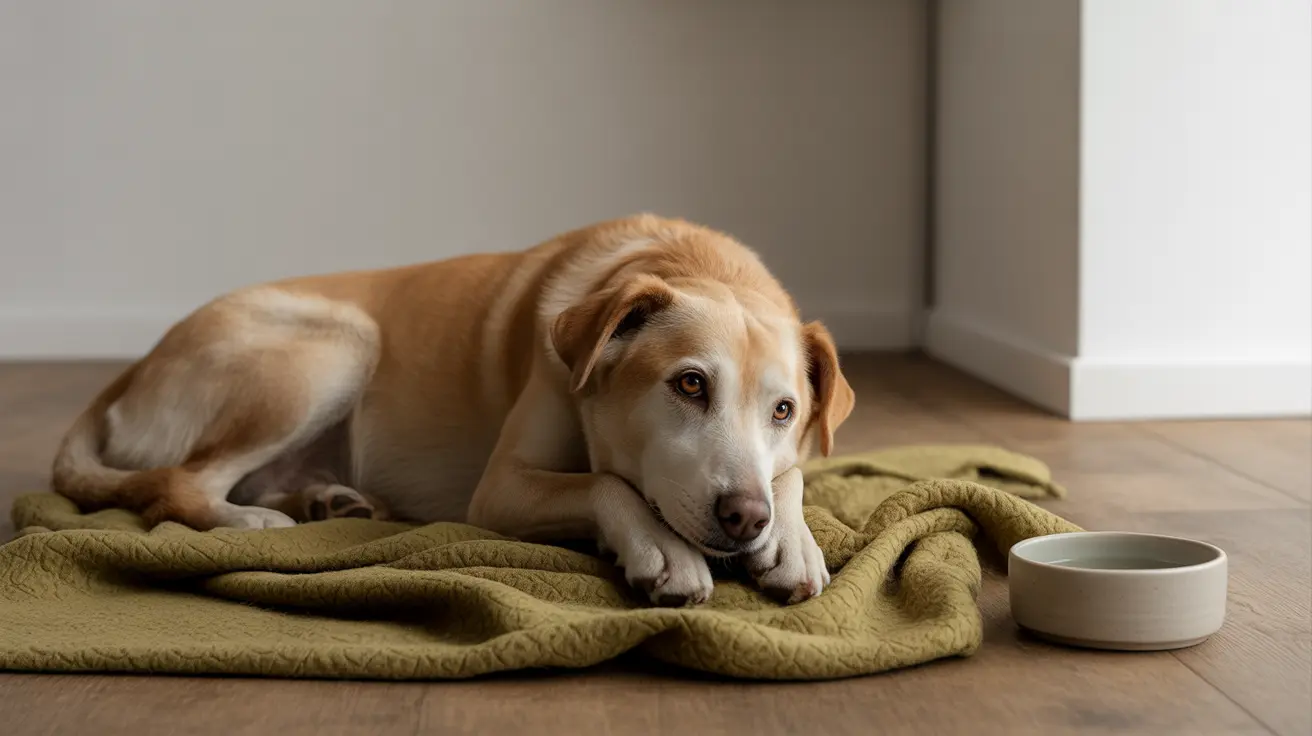The Intersection of Fashion and Animal Welfare
The intersection of fashion and animal welfare reached a significant milestone as Harlem's Fashion Row partnered with Humane World for Animals to host a groundbreaking Climate Week event on September 23. This collaboration marks an important step forward in promoting sustainable fashion practices while championing both animal protection and diverse voices in the industry.
The partnership brings together Harlem's Fashion Row, known for its dedication to supporting designers of color, with Humane World for Animals, creating a unique platform to address pressing environmental and ethical concerns in fashion. This initiative highlights the growing importance of sustainable and cruelty-free approaches in the fashion industry.
Designers of Color Leading Sustainable Innovation
The event showcases how designers of color are taking the lead in developing innovative, sustainable solutions that consider both environmental impact and animal welfare. By bringing diverse perspectives to sustainable fashion, these creators are helping reshape industry standards and practices.
Ethical Fashion Brands Making an Impact
The collaboration emphasizes the crucial role of ethical fashion brands in driving industry transformation. These brands demonstrate how sustainable luxury fashion can coexist with animal welfare considerations, proving that style need not compromise ethics.
Plant-Based Alternatives Revolutionizing Fashion
One of the key focuses of the event is the exploration of plant-based leather alternatives and other innovative materials that reduce reliance on animal-derived products. These developments show promise in creating more sustainable and humane options for fashion consumers.
Supply Chain Transparency
The partnership highlights the importance of supply chain transparency in fashion, allowing consumers to make informed choices about the products they purchase. This transparency helps ensure both environmental sustainability and animal welfare standards are maintained throughout the production process.
Eco-Friendly Textiles and Innovation
The event showcases various eco-friendly textiles and recycled textile initiatives that demonstrate the industry's potential for sustainable transformation. These innovations provide alternatives to traditional materials while reducing environmental impact.
Reducing Fashion Industry Carbon Emissions
A significant portion of the discussion centers on strategies to reduce fashion industry carbon emissions while maintaining high standards for animal welfare. This dual approach demonstrates how environmental and ethical concerns can be addressed simultaneously.
Frequently Asked Questions
How is the fashion industry addressing animal welfare and sustainability together?
The fashion industry is increasingly adopting sustainable design practices that reduce environmental impact and phase out animal-derived materials such as fur and exotic skins, focusing on cruelty-free alternatives and ethical sourcing to protect animal welfare and support environmental goals.
What role do designers of color play in advancing sustainable and humane fashion?
Designers of color are being empowered to lead sustainable innovation in fashion, bringing diversity and cultural perspectives that help drive inclusive, ethical, and environmentally conscious solutions within the industry.
How can consumers make more animal-friendly and sustainable choices when buying fashion?
Consumers can support brands that maintain transparent supply chains, have clear animal welfare commitments, and use certified sustainable materials, while also prioritizing cruelty-free, circular, and ethically produced fashion items.
Moving Forward
This groundbreaking collaboration between Harlem's Fashion Row and Humane World for Animals represents a significant step toward a more sustainable and ethical fashion industry. By bringing together diverse voices and focusing on both environmental and animal welfare concerns, the initiative paves the way for meaningful change in how we approach fashion production and consumption.
The event demonstrates that sustainable fashion can be both innovative and inclusive, setting new standards for the industry while protecting our planet and its inhabitants. As we continue to face environmental challenges, such partnerships will be crucial in driving positive change within the fashion industry.






